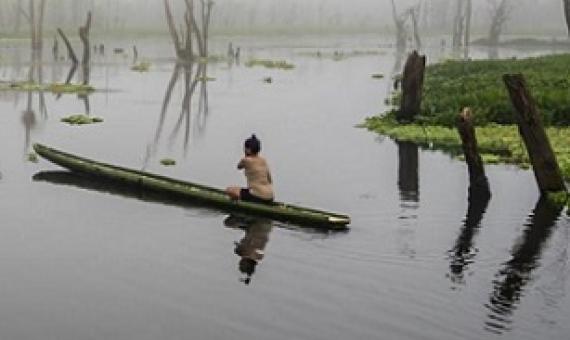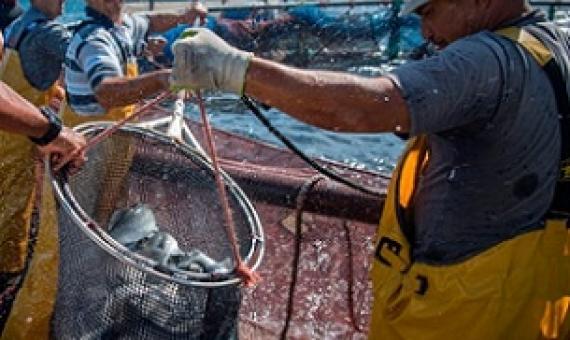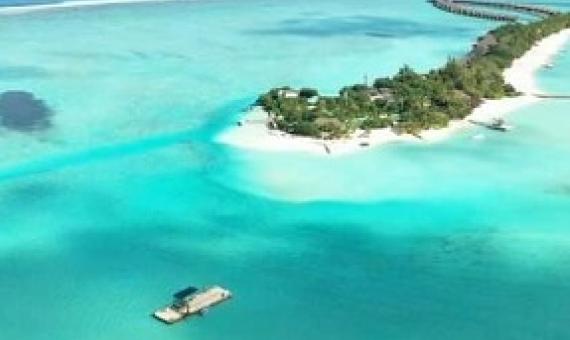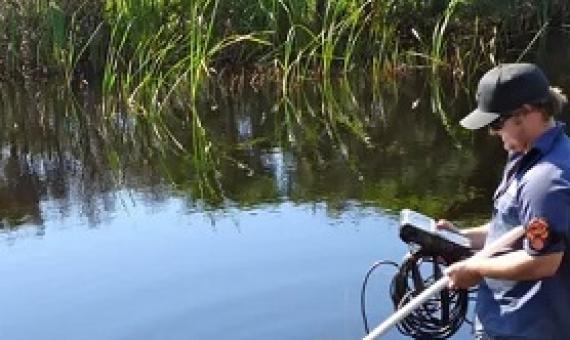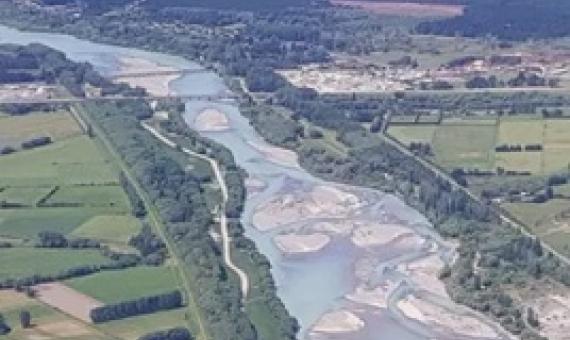It’s been 50 years since an international treaty to protect wetlands was created but, around the world, wetlands are still disappearing three times faster than forests...since 1971, more than 35 percent of the world’s wetlands have been drained for urban development or agriculture, polluted, pave
Prompted by the urgency of the situation, 111 aquatic-science societies — representing more than 80,000 scientists from 7 continents — have issued a statement on how anthropogenic climate change is affecting marine and freshwater ecosystems, with a plea to avoid their further degradation and to s
The results show that long-term exposure to ultraviolet (UV) filters -- including avobenzone, oxybenzone, and octocrylene -- is lethal for some organisms living in freshwater environments.
Water in estuaries along 1,100km of Australia’s south-east coast warmed by more than 2C between 2007 and 2019, a new study finds.The rapid change could have negative effects on fisheries and aquaculture, as well as impact coastal vegetation such as mangroves, scientists behind the study said.&nbs
The latest environmental report on New Zealand’s lakes and rivers reiterates bleak news about the state of freshwater ecosystems, and warns that climate change will exacerbate existing threats.

